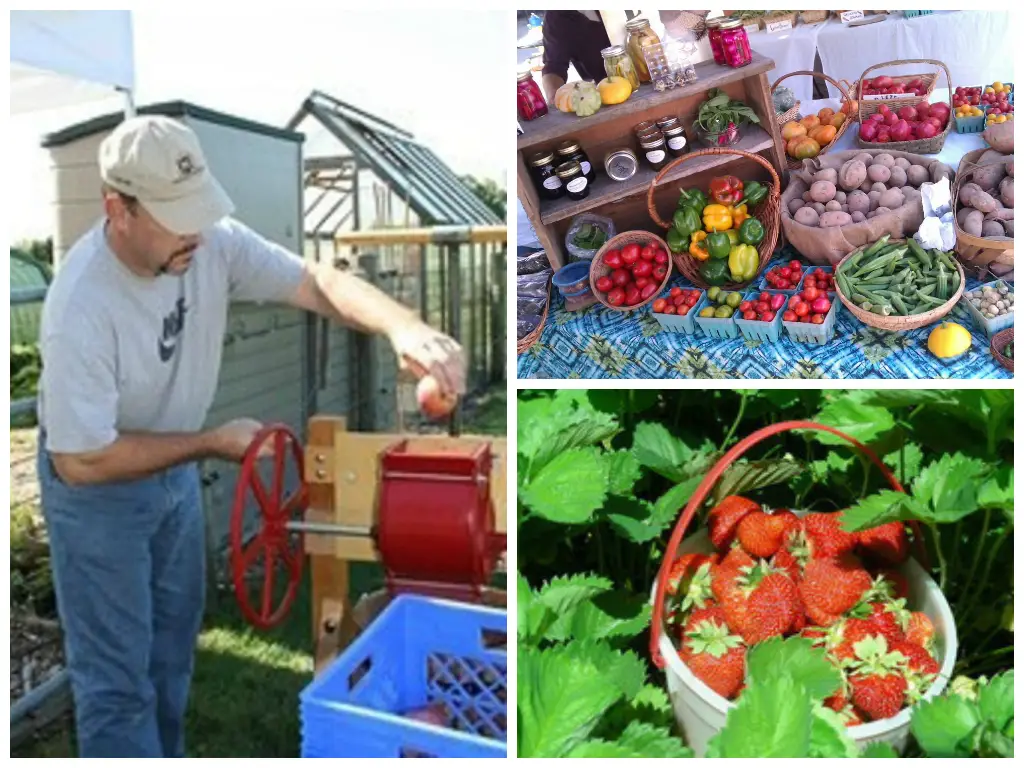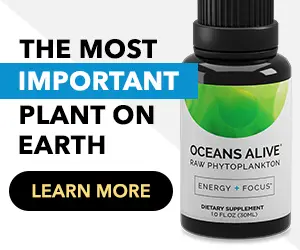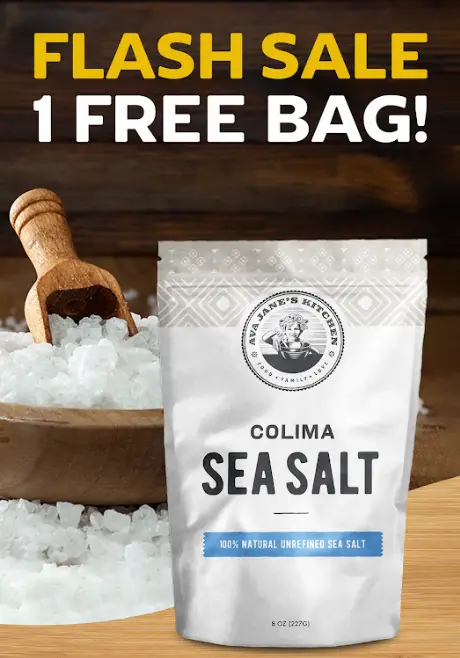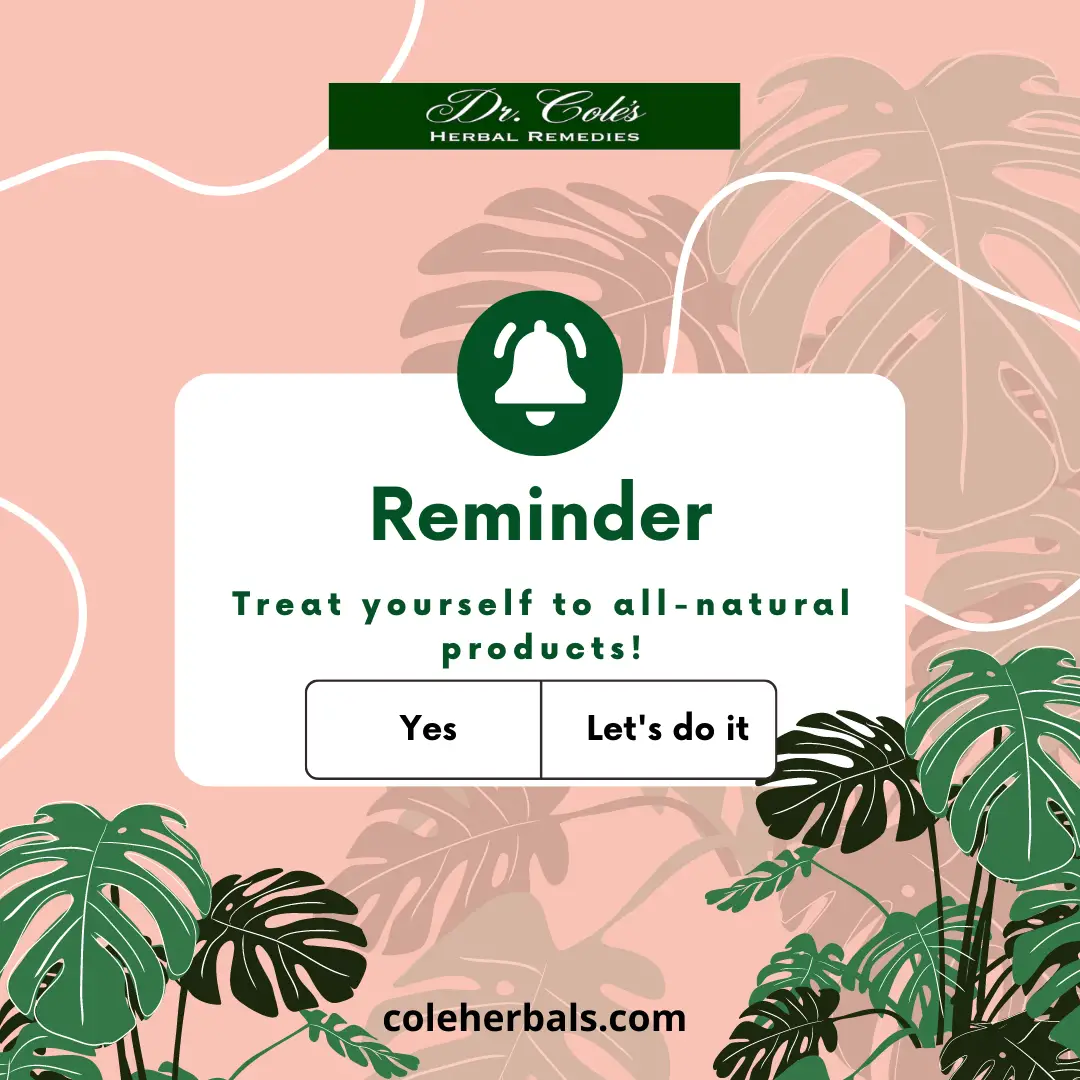For many shoppers, “organic” has become a magic word of sorts, the difference between whether or not they’ll make a purchase whether they’re at the health food store or the grocery store.
Among the mainstream options offered, organic food is typically the best choice.
Still, it should be noted that many farmers don’t have the means or the inclination to pay the fees required of the USDA to obtain an organic label, and there are several others who would prefer not to participate in a program run by the federal government.
Others don’t want to deal with the paperwork and potential fees the USDA may require of organic farms.
In order to keep the integrity of organic, and to keep the government and corporate interests out of the picture, many smaller, local farms have chosen to participate in the smaller-scale ‘Certified Naturally Grown’ certification program instead.
This label was created for farmers who can’t afford the high costs of getting certified, and has resulted in a new way for consumers to support small, synthetic pesticide and GMO-free growers.
Small Organic Farmers Aren’t Always Certified
Many small farmers can be found at farmer’s markets selling produce they describe as “pesticide-free” or created “with no spray” or “without chemicals.”
Oftentimes, these farmers have quality standards similar to or even better than organic farms, but choose not to publicize it.
To fill the certification void, some small farmers and growers have banded together to adopt a different label: Certified Naturally Grown, a grassroots organization where peer reviews of member farms is typically carried out by the farmers themselves.
One Certified Naturally Grown producer, the Denison Farm, explained their situation in an article on InvestmentWatchBlog.com, including their preference to sell organic-quality beans and tomatoes at farmer’s markets without the costly organic label.
Farmers in the CNG program can’t use the word organic, but their standards are often just as high, or better in some cases.
So far, the “Certified Naturally Grown” label has expanded, and is employed across the United States using an approach called a “Participatory Guarantee System.” This system is employed by hundreds of producers in the United States and Canada according to the certification program’s website.
This system minimizes paperwork and employs a peer-to-peer inspection process built on local networks.
It is considered a better fit for smaller-scale producers, the website says.
The certification program offers programs for fruit, veggies, herbs, hemp, microgreens, maple, trees, flowers, beekeepers, animals and mushrooms.
“Certified Naturally Grown provides a much-needed complement to the National Organic program,” the organization’s website says.
“While the NOP is an important program that primarily serves medium and large-scale agricultural operations, CNG is tailored for direct-market farmers producing food for their local communities.
“These farmers often find the NOP’s heavier paperwork requirements are not a good fit for their small-scale operations. CNG enables them to get credit for their practices while offering accountability to their customers.
“Some CNG farmers become certified organic after a few years with CNG, and we think that’s just super.”
To learn more about Certified Naturally Grown, its programs, standards and more, visit their website or their Facebook page.
Thanks for installing the Bottom of every post plugin by Corey Salzano. Contact me if you need custom WordPress plugins or website design.













